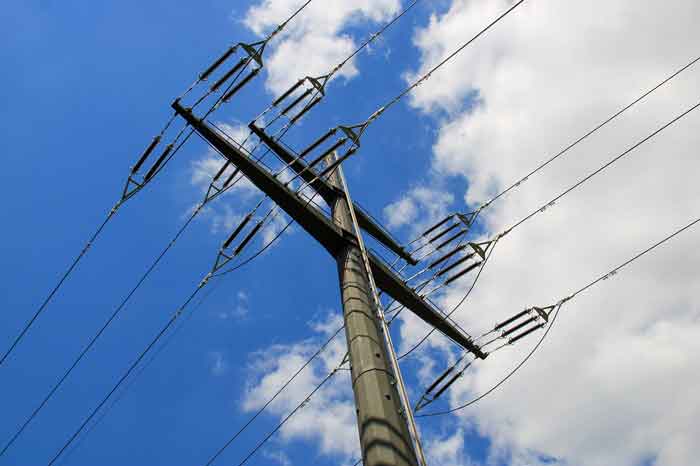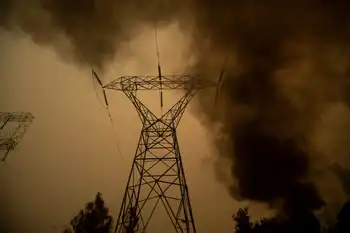Biofuels could increase environmental problems, gas prices
By National Post
Substation Relay Protection Training
Our customized live online or in‑person group training can be delivered to your staff at your location.

- Live Online
- 12 hours Instructor-led
- Group Training Available
The warnings, in briefing notes sent to former environment minister Rona Ambrose, suggested there were too many risks involved from increasing production of ethanol which, in Canada, is largely produced from corn and wheat crops.
"Feedstocks and biofuel production consume large amounts of water, natural gas, biomass, electricity and fertilizers," stated one of the briefing notes, drafted on May 16, 2006, by a technology strategies and climate change division at Environment Canada.
The documents were released to Canwest News Service under the Access to Information Act.
"Based on global Life Cycle Assessments (LCA) of biofuel production, impacts on acidification, land degradation, waste generation, water use and human and environmental impacts were found more often to be unfavourable than favourable."
The government adopted legislation to regulate new targets last spring. It requires that gasoline contain an average renewable fuel content of 5% and that diesel contain an average renewable fuel content of 2% by 2010.
The government has also offered $1.5-billion in subsidies mainly to support farmers, agricultural and energy companies which produce ethanol from corn or wheat.
Environment Canada's research suggested that ethanol produced from waste products is much more sustainable, but the government created a smaller fund of $500-million, specifically to support this type of "next generation" ethanol.
Subsequent material prepared for the minister said that consumption of gasoline with a 10% ethanol content could reduce greenhouse gas emissions and some air pollutants, but generate other problems, such as increased fuel consumption, higher prices at the pumps, and a 100% increase in emissions of acetaldehyde, which has been listed as a toxic substance under the Canadian Environmental Protection Act.
While one document estimated the increased costs for producing ethanol could result in a one- or two-cent increase in the price of gasoline at the pumps, another estimated that the overall greenhouse gas emissions reductions would cost as much as $200 per tonne of CO2.
"If all Canadian gasoline were E-10 (containing 10% ethanol), GHG emissions would be reduced by about three megatonnes of carbon dioxide per year," stated a briefing note prepared for Ms. Ambrose in May 2006.
An industry spokesman said that the warnings from Environment Canada were misleading since they focused on assessing production from outdated technologies in foreign countries.
"Today in Canada we're building new plants," Gordon Quaiattini, president of the Canadian Renewable Fuels Association, said. "This is state-of-the-art technology."
He said the government is also using a new modelling analysis program developed by Natural Resources Canada called GHGenius. He said it bases its analysis on the best practices used in Canada.
"None of the corn, for example, in Canada, that finds its way into ethanol production is irrigated," he said. "So the issues with respect to water usage are minimal here."
While he acknowledged that some tailpipe pollution increases as a result of burning ethanol-blended gasoline, Mr. Quaiattini said the research suggests there is an overall reduction in harmful emissions.
But NDP environment critic Nathan Cullen said his party opposed the legislation adopted last spring since there were no guarantees it would be good for the environment.
"They tried to make this more about a farm subsidy than about dealing with climate change and helping the environment," Mr. Cullen said. "To hold it up as part of their environmental initiative is a bit of a farce."
Environment Minister Jim Prentice's office referred questions to his department which did not dispute the warnings from the briefing notes.
"It should be noted that the production and use of any fuel has environmental impacts," an Environment Canada spokesperson wrote in an e-mail. "What is important to consider is the change in these impacts, particularly when biofuels are substituted for more traditional fuels such as gasoline and diesel."











